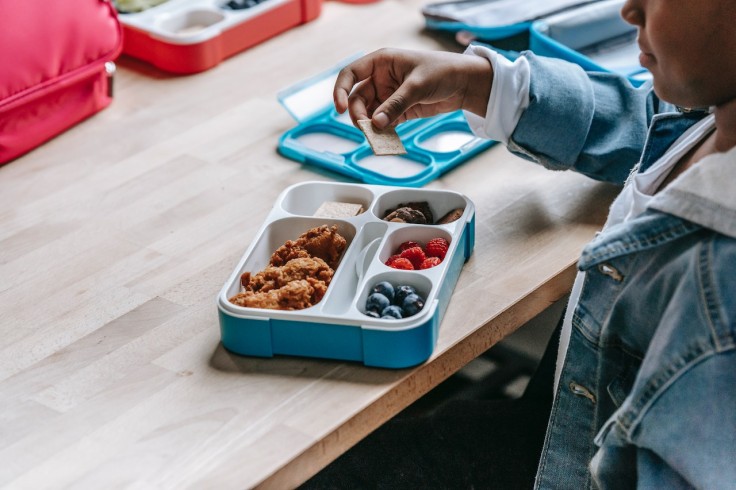
Children are back to school, and parents are busy taking care of everything needed. For parents with students who have food allergies, though, keeping their kids safe in school is one additional concern to take care of.
Almost three million kids have food allergies, and parents of these children have the added stress and worry as their children return to school. Thus, here are safety tips from the American Academy of Allergy, Asthma and Immunology, as reported by US News.
- School districts have different policies for how to keep students with allergies safe in school. Parents need to research and know these school policies and raise their concerns if there are any.
- Make sure to meet the teacher and school nurse to explain the kid's food allergies and triggers.
- If possible, provide the cafeteria workers with a photo of the kids and request allergy-free lunches.
- Parents also need to prepare their student's medical supplies aside from the school supplies.
- Ask for a prescription or a note from the kid's doctor that will allow them to keep an emergency allergy medication at school.
- Consider also class projects, field trips, and parties. Send safe snacks with the kid at these times, and if possible, ask the teacher to limit party or activity giveaways to non-food items.
Prepare the child
Kids Health, however, would like to remind parents to, most of all, educate their children.
"No matter how cooperative your child's school and teacher are, the most important preparation you can do is with your son or daughter. With time and education, your child will be able to take more responsibility for his or her safety," they expressed.
- Make sure to review with the child what they are allergic to and which foods are okay to eat and not.
- Always remind the child to never accept food from anyone in school and never to eat something if they are not sure it's safe.
- Explain why foods packed at home are the best option.
- Teach the child to wash their hands before and after eating and playing regularly.
- Educate the child about the signs and symptoms of an allergic reaction to watch for, like rash, face swelling, trouble breathing, wheezing, and vomiting.
- Ensure that the child knows to inform someone immediately if they are not feeling well.
What are food allergies?
As per the academy, 90 percent of allergic reactions in children occur due to allergies to peanuts, eggs, milk, wheat, tree nuts, and soy.
The US Food and Drug Administration stated that millions of Americans and their families are affected by food allergies and other types of food hypersensitivities.
Food allergies happen when the body's immune system reacts to certain food proteins. These reactions may vary from mild symptoms like hives and lip swelling to serious, life-threatening ones, often called anaphylaxis. This already involves fatal respiratory problems and shock.
Food allergies are currently incurable despite prevention and therapeutic strategies that are continually being developed. Thus, early recognition of allergies and learning to manage them and which foods to avoid are crucial measures to prevent grave health consequences.